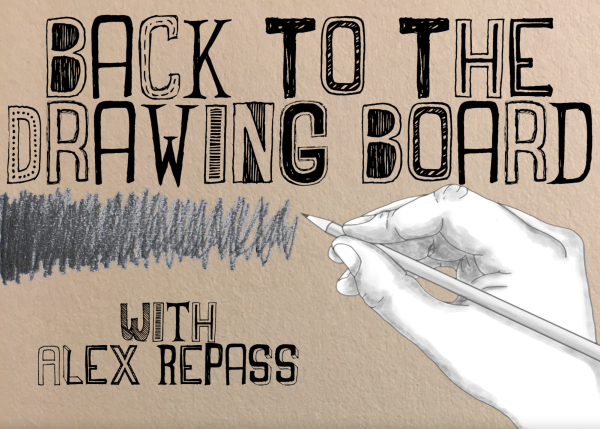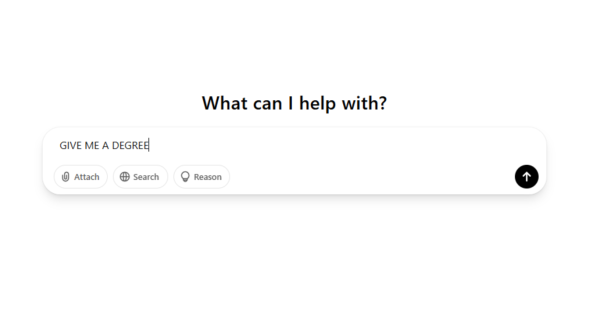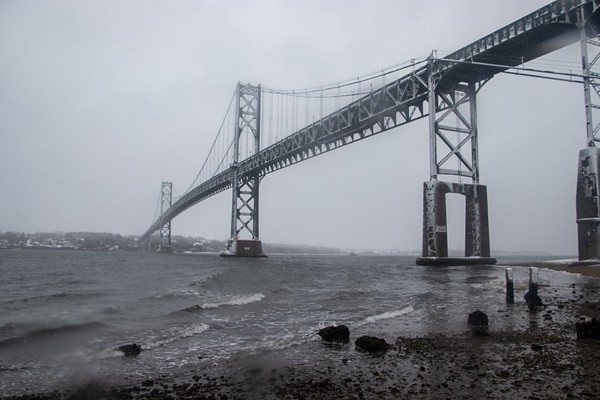Who answers the call for democracy?
Protests have been erupting across the world. From China to Lebanon to Chile, millions of people from all ages and backgrounds have been taking to the streets to make their voices heard. In many cases, these protests initiated from outrage surrounding a government’s new legislative move or corrupt bill, but the revolts have now merged into one common resound: democracy.
In the United States, we take democracy for granted sometimes because certain freedoms and ideals are passed through generations. We may fight injustices within our democracy from time to time, but we always have a history of freedom written down in our founding documents, which we look to in order to support our causes. Now, countries that have endured centuries under different forms of rule are demanding change.
In Hong Kong, this began with protests against a controversial extradition bill but quickly evolved into a movement against an oppressive government. In the case of Hong Kong, they have some level of autonomy outside of the People’s Republic of China, but the government of Beijing has been looking to tighten control. After five months of continuous protests, things are not looking like they are quieting down. Since the protests evolved into pro-democracy, the protesters have been looking to the U.S. for help, and rightly so. The United States stands as the bastion of democracy across the globe and I believe it holds at least some responsibility to support those who are looking for change. As a country, we invariably support democracy, but as far as actions go, our history is messy.
I would like to propose a new approach for the government and people of the U.S. in terms of support for democracy. In the past, we have gone to war or assassinated leaders and even secretly provided arms to rebels. Those times have passed and often were unsuccessful, so it is time for a new tactic. China uses typical tactics in order to try and quell protests within in its borders, and even outside of them. Some of the most egregious outreaches of the Chinese government have been displayed in companies such as Blizzard and the NBA. E-sports players have been outright banned for months after voicing their support for the protesters. Lebron James, once an outspoken supporter of free speech, has made comments that have been seen as detrimental to the support of Hong Kong protesters. Americans who bring pro-Hong Kong banners and posters to NBA games are either kicked out or quickly panned out of camera shots.
These are just a few of the examples of the weight the Chinese government pulls in American companies and organizations. With these tactics being well known, I believe the U.S. government holds some responsibility to help companies who support Hong Kong protesters. Even just a clearer voice of support would help those taking to the streets every day, risking their lives in hopes of a better future. However, as we have seen too often, those in power care more about their wallets than their supposed morals. The world is undergoing radical changes in technology and culture and if we are not careful, democracy will fade away under the thumb of rulers who can become omnipotent due to advancements in surveillance and censoring. The internet can be and has been an excellent tool for spreading information on pro-democratic movements, but in countries like China, it can also be manipulated and controlled.
It is important for the United States, as well as any other country that stands for free speech and democracy, to take a hard stand against those who would use their power and influence to squash it. Lest the ideals of freedom and democracy fade to the point that all it takes is economic influence and power to overcome them.





